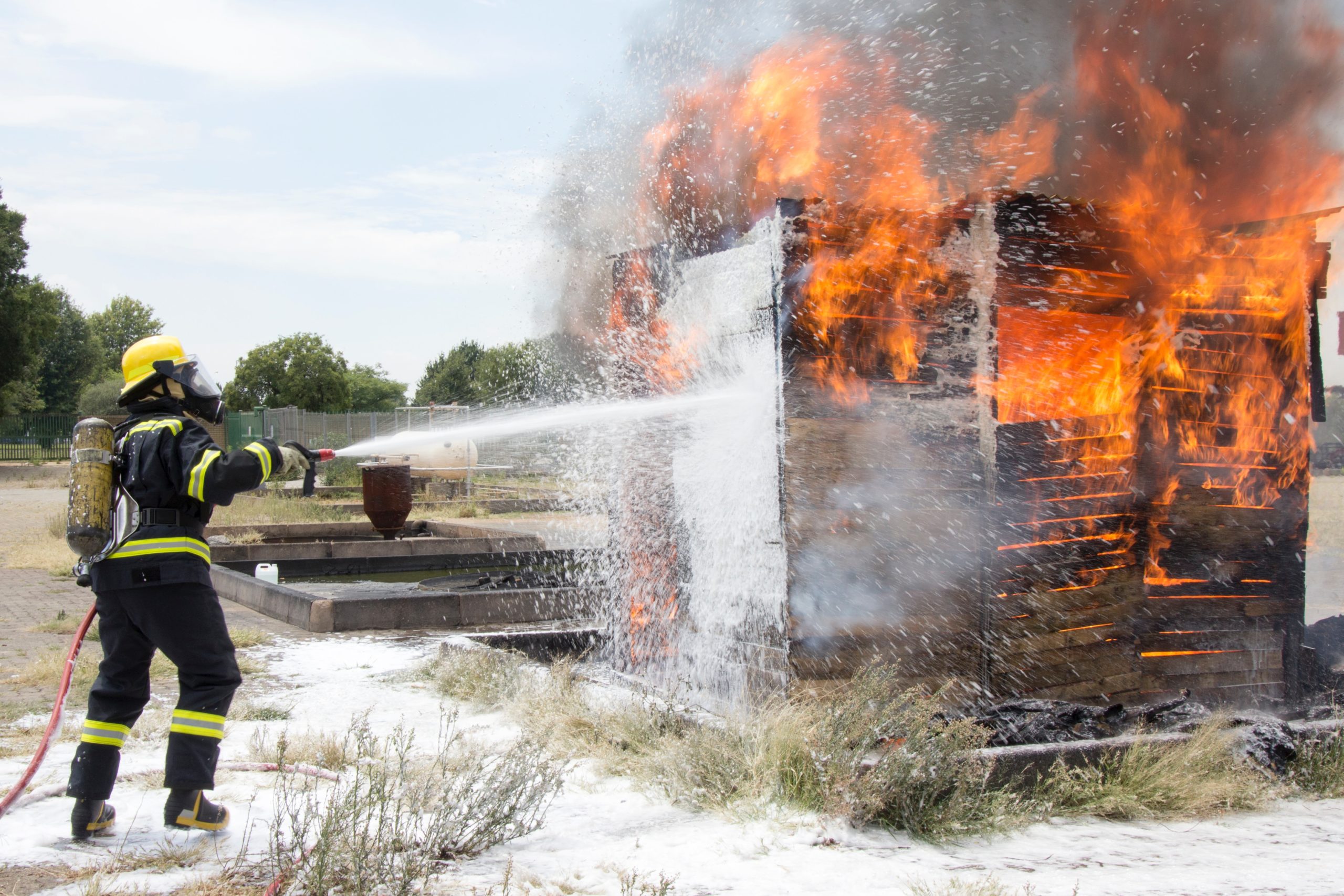Missionaries engulfed by a crisis event–is their home church prepared?

Missionaries engulfed by a crisis event–is their home church prepared?
If a local church is convinced that our Missionary God has called them to send some of their own members directly to the mission field and their desire is to Send Well, Shepherd’s Staff recommends that they create three structures to put that desire in to practice.
One of the structures is a Crisis Management Response Policy (CMR Policy) and a team of people to implement that policy if the church’s missionary is likely to be exposed to a crisis event or has already been impacted by a crisis event.
Here are the reasons why Shepherd’s Staff believes every church that sends missionaries should develop specific CMR Policy, along with other information that we have found to be helpful in assisting a church to move forward with this important component of Sending Well.
WHY CMR POLICY IS NECESSARY
1–Missionaries face all of the same risks and dangers that most every person in the United States does, and more!
2–It isn’t a matter of “if” a crisis event or emergency takes place, it’s more a matter of “when”.
3–Common sense AND experience teaches that when a missionary-related crisis event or emergency might, or has taken place, having a predetermined policy and team to implement that policy, will minimize the impact of what could happen, or has already happened.
WHAT SHOULD THE POLICY CONTAIN?
1–A description of the purpose of the policy within the overall ministry of the church
For example: To manage the church’s response to a crisis event or emergency that has impacted a missionary from the church that is in a country outside the borders of the United States at the time of the event.
2–The definition of a “crisis” according to the policy
For example: A potential or actual event that is likely to impact or has already impacted the personal safety of the church’s missionary and/or their immediate family members on the field.
3–A clear declaration that all aspects of the church’s response to a missionary-related crisis will be managed by the Crisis Management RESPONSE Team (CMR Team) and in accordance with the CMR Policy of the church.
4–A description of the responsibility and authority that the church leadership imparts to the Director of the CMR Team.
5–A declaration of the minimum number of CMR Team members and a summary of the area of responsibility of each team member.
6–A declaration that the following church members are NOT permitted to serve on the CMR Team.
***The senior/lead/teaching pastor
***Any member of the family of the missionaries from the church
***Other pastoral staff in any role other than Prayer or Pastoral care provider
QUALITIES THAT CMR TEAM MEMBERS SHOULD POSSESS
1–Availability on extremely short notice.
2–Able to drop everything else, (within reason), and commit to the task at hand.
3–Should be analytical and capable of viewing a situation as unemotionally as possible.
4–Not dramatic.
5–A sober understanding that people die, even though we’ve prayed that they won’t.
6–Someone known by the leaders of the church, with a reputation of possessing these qualities.
CMR TEAM MEMBER ROLES
1–Director
2–Recorder/secretary
3–Meeting facilitator/logistics
4–Government liaison
5–Media spokesperson
6–Family liaison
7–Prayer/pastoral care provider
8–Finances
CRUCIAL PRINCIPLES TO FOLLOW
1–The Director must ensure that only the assigned persons speak to the government or to the press. He must fight against his own inclination, the senior pastor’s, or any other person that thinks they can help in this area. One voice is all that is necessary for the government or the press to hear.
2–The Director has the right to not act in accordance with the advice provided by the CMR Team, but must know that he will be held responsible for the consequences of not doing so.
3–The media spokesperson is NOT an active decision maker, should NOT attend every meeting, and will intentionally be kept in the dark regarding details and decisions. They will only pass on the information that the Director of the team provides.
INITIAL STEPS TO MOVE FORWARD
1–Assign the church’s global missions pastor or overseer to do the following:
***Research this important subject
***Present a proposal to the church leadership that describes the need for, and the value of creating a Crisis Management Response Policy and Team
***Once this is approved, require the Director to attend the Crisis Management Policy training provided by one of the following:
Crisis Consulting International cricon.org
Fort Sherman Academy fortsherman.org
Concilium concilium.us
As discouraging as it is that this type of structure even needs to exist, what’s even more discouraging are the potential consequences that the local church, it’s missionaries, and the missionary’s families could experience if a crisis event actually does impact them, and they have not taken the time and effort to prepare for it.
Photo by Hush Naidoo on unsplash.com
